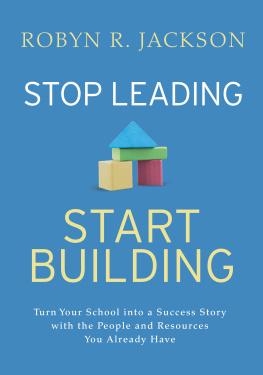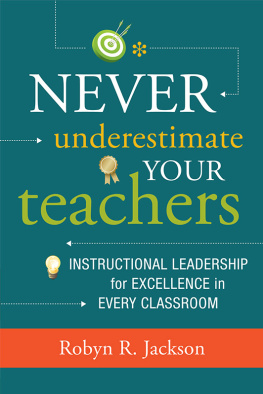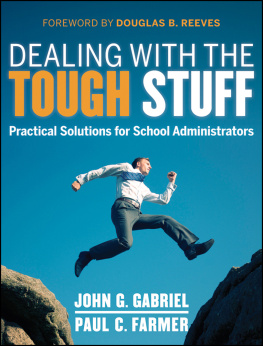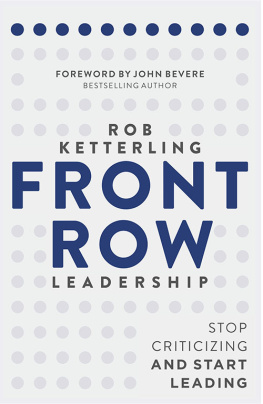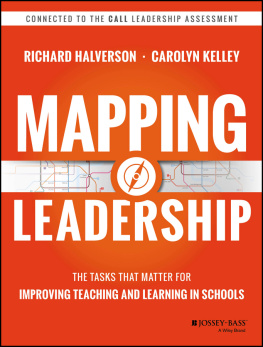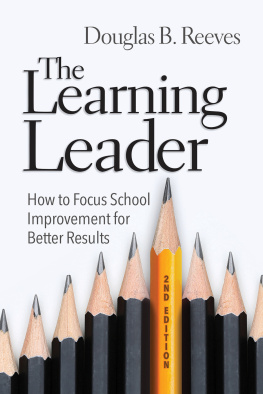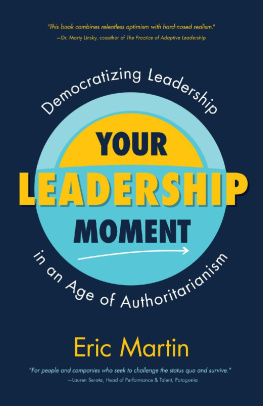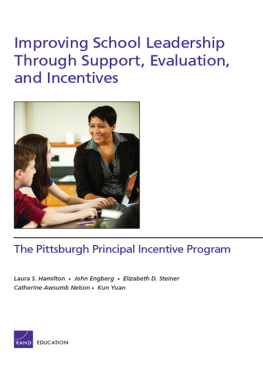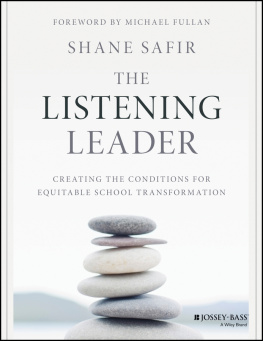Robyn R. Jackson - Stop Leading, Start Building!: Turn Your School into a Success Story with the People and Resources You Already Have
Here you can read online Robyn R. Jackson - Stop Leading, Start Building!: Turn Your School into a Success Story with the People and Resources You Already Have full text of the book (entire story) in english for free. Download pdf and epub, get meaning, cover and reviews about this ebook. year: 2021, publisher: ASCD, genre: Business. Description of the work, (preface) as well as reviews are available. Best literature library LitArk.com created for fans of good reading and offers a wide selection of genres:
Romance novel
Science fiction
Adventure
Detective
Science
History
Home and family
Prose
Art
Politics
Computer
Non-fiction
Religion
Business
Children
Humor
Choose a favorite category and find really read worthwhile books. Enjoy immersion in the world of imagination, feel the emotions of the characters or learn something new for yourself, make an fascinating discovery.
- Book:Stop Leading, Start Building!: Turn Your School into a Success Story with the People and Resources You Already Have
- Author:
- Publisher:ASCD
- Genre:
- Year:2021
- Rating:5 / 5
- Favourites:Add to favourites
- Your mark:
Stop Leading, Start Building!: Turn Your School into a Success Story with the People and Resources You Already Have: summary, description and annotation
We offer to read an annotation, description, summary or preface (depends on what the author of the book "Stop Leading, Start Building!: Turn Your School into a Success Story with the People and Resources You Already Have" wrote himself). If you haven't found the necessary information about the book — write in the comments, we will try to find it.
You are a school administratora principal or maybe a district leader. Youre doing everything rightporing over data, trying new strategies, launching annual initiatives, bringing in outside trainers. So why do the outcomes you seek still seem so far away? The problem isnt you; its that you were trained in school leadership, and school leadership just isnt up to the challenge.
Each year, Robyn R. Jackson helps thousands of administrators stop wasting time and energy on flawed leadership approaches that succeed only with the right staff, students, parents, budget, and boss. As they have discovered, its possible to transform your school with the people and resources you already have. The secret? Stop leading and start building!
In this book, youll learn to use Jacksons breakthrough Buildership Model to escape the school improvement hamster wheel and finally create the school your students and teachers deserve. The work involves a handful of simple shifts in how you approach . . .
- People: Youll discover new ways to help every teacher grow one level in one domain in one year or less and, ultimately, develop high levels of both will and skill.
- Pathway: Instead of trying to tackle every problem at once, youll identify the biggest obstacle standing in your way right now and figure out exactly how to remove it once and for all.
- Plan: Youll learn a new process for solution implementation that is iterative, cyclical, and capable of powering both short-term wins and ongoing transformation, year over year.
When you stop leading and start building, you let go of the idea that you need to work harder to make your school work better. You no longer settle for incremental improvement when what you really want is dramatic change and better learning outcomes for all. Its time to make the shift from leadership to buildership. Get ready to turn your school into a success story.
Robyn R. Jackson: author's other books
Who wrote Stop Leading, Start Building!: Turn Your School into a Success Story with the People and Resources You Already Have? Find out the surname, the name of the author of the book and a list of all author's works by series.

